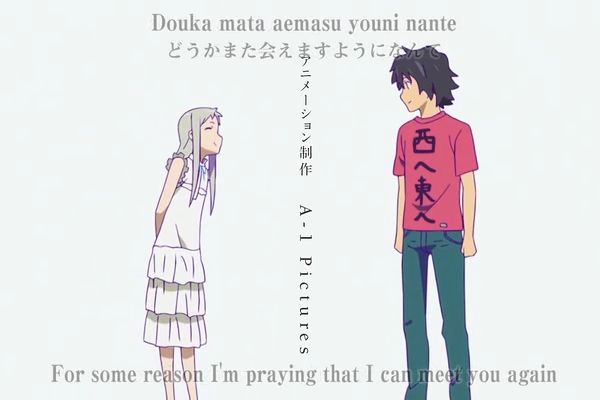In this old anime, a Japanese housewife places the picture of her deceased son so that he can watch baseball on TV. This is a somewhat crude and literal way to include the dead in the community of the living, but I think most of us can at least somewhat understand how she feels. There are more subtle ways to transcend time and mortality, though.
Already in the short foreword to Meditations on the Tarot, the author tries to take us into a world that may be unfamiliar to most. He greats us as an unknown friend “from beyond the grave”. That is not to say that he wrote this book after his death, but he arranged for it to be published years after his passing, and anonymously. I understand this decision: On this path, you continue to grow and change throughout your life. If you knew some of his earlier works, it would color your impression of this one, which was specifically designed to stand on its own.
When I say the book stands on its own, this does not mean he makes no reference to those who have inspired him. He does, but for a very specific purpose: The quotes are “evocations”, to bring these great spirits of the past to be present in the room with the reader, so to speak. This requires some explanation.
We must not understand this in a crude spiritism sense, where the ghosts of the dead masters are floating around like transparent shapes looking for a medium who can see them and convey their thoughts. Far from it. We are not talking about the astral bodies, but a far deeper layer of the person. But also, I would say that these great spirits are not moving forward in time to speak to us. Rather, they speak to us from where they lived. They speak to us across time, because they were greater than time, they extended beyond time, and so does a tiny part of us. That part is how we can feel connected to them despite them having long passed from this world. There is a part in us that is not limited to this world and to this time. And it is this part we seek to develop by means of such tools as Meditation.
Unknown Friend explains that what we call Tradition is not a doctrine or theory, but a community of people – some still alive but most having lived in the past – who each is a link in the chain of Tradition.
This is not unique to this book. In Eastern Orthodoxy, it is generally understood that those who lived in the past and even those who shall live in the future are part of the Church. They are included in the communal prayers, and are also assumed to include us in their prayers when they lived or are going to live. We are the Church members of the future for those who lived in the past, and the Church members of the past for those who have yet to live.
Nor is this unique to Christianity. In China, there has for thousands of years been a quest for immortality. In its crude, exterior form this is simply an attempt to prolong the life of the body, but there is a deeper, esoteric understanding of the Immortals as spirits who transcend time. The “teacher” in the proverb “when the student is ready, the teacher will appear” is understood to mean the immortals.
And this is exactly what happens here in the west with a book such as Meditations on the Tarot. If you are not ready, even if you should somehow happen to find the book, the evocations will not work. The timeless high spirits of the past will not inspire you, and quite likely the whole thing will seem either absurd, boring or outright creepy.
This is how it is with esoteric knowledge: The secret hides itself in plain sight. It is not necessary to speak in riddles to not be understood: That is automatic. It is necessary to speak in riddles to be understood, because we are speaking of that which cannot be seen, cannot be heard, and most importantly, cannot be put in the wallet. The people who will even be interested are few.  But perhaps there are enough that I have not written all this completely in vain.  Even if one historian in the future stumbles upon it and feels a twinge of familiarity, I shall be content.
After all, letters to an Unknown Friend is what I have done since 1998, long before I had heard of this book. ^_^










